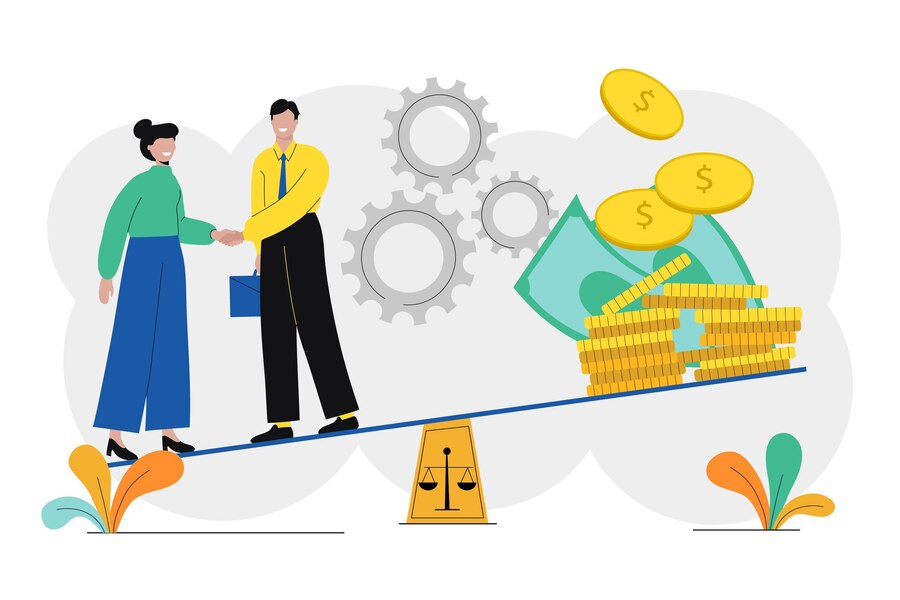In today’s fast-paced world, achieving financial freedom is often viewed as an elusive dream. Many individuals find themselves trapped in a cycle of debt, struggling to make ends meet. However, there is a beacon of hope amidst the financial turmoil: loan settlement strategies. By understanding and effectively utilizing these strategies, individuals can pave their way toward financial liberation and reclaim control over their economic futures.
Understanding Loan Settlement
Loan settlement is a process by which borrowers negotiate with lenders to pay off outstanding debts for less than the total amount owed. This can involve negotiating lower interest rates, reduced principal amounts, or even a lump-sum payment to settle the debt entirely. While loan settlement may seem daunting, it can provide significant benefits for borrowers burdened by high levels of debt.
Breaking Free from the Debt Trap
For many individuals, debt can feel like a suffocating weight, limiting their ability to pursue their goals and dreams. Whether it’s credit card debt, student loans, or medical bills, the constant pressure of repayment can take a toll on both mental and emotional well-being. However, by proactively engaging with lenders to negotiate settlements, borrowers can take the first step toward breaking free from the debt trap.
The Power of Negotiation
Negotiation is a key component of the loan settlement process. By demonstrating a willingness to work with lenders and presenting a clear plan for repayment, borrowers can often secure more favorable terms. This might involve proposing a reduced lump-sum payment or requesting a lower interest rate to make repayment more manageable. Additionally, enlisting the help of a professional debt settlement company can provide borrowers with the expertise and guidance needed to navigate the negotiation process effectively.
Benefits of Loan Settlement
The benefits of loan settlement extend far beyond simply reducing debt levels. By settling outstanding loans, borrowers can improve their credit scores and alleviate the stress associated with financial insecurity. Furthermore, by freeing up funds that would have been spent on debt repayment, individuals can redirect their resources toward building savings, investing in their futures, and achieving their long-term financial goals.
Creating a Path to Financial Freedom
Achieving financial freedom is not an overnight process, but rather a journey that requires dedication, discipline, and strategic planning. By incorporating loan settlement strategies into their financial toolkit, individuals can take proactive steps toward realizing their dreams of financial independence. Whether it’s paying off high-interest debts, consolidating loans, or negotiating settlements with creditors, every action taken brings them one step closer to their ultimate goal.
The Importance of Financial Literacy
Central to the pursuit of financial freedom is the concept of financial literacy. Understanding the intricacies of loans, interest rates, and debt management strategies empowers individuals to make informed decisions about their finances. By educating themselves and seeking out resources such as financial advisors and online tools, borrowers can gain the knowledge and confidence needed to take control of their financial futures.
Conclusion
In a world where debt is all too common, achieving financial freedom can seem like an insurmountable challenge. However, by harnessing the power of loan settlement strategies, individuals can take proactive steps toward breaking free from the cycle of debt and reclaiming control over their economic destinies. Through negotiation, perseverance, and a commitment to financial literacy, anyone can unlock the door to a brighter, more prosperous future. So take the first step today and embark on the journey toward financial liberation. Your future self will thank you for it.



